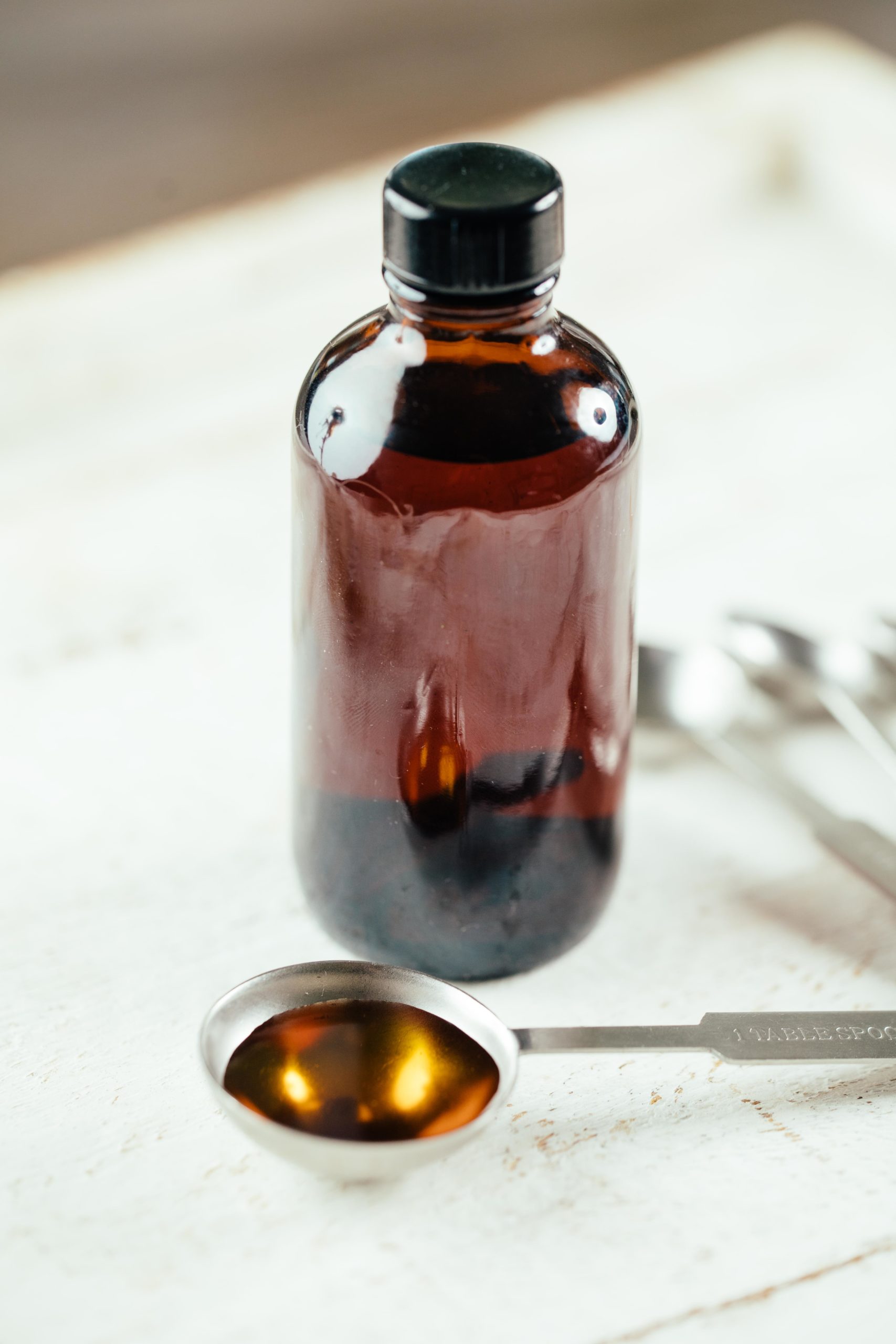If there’s one number I like my clients to know when they come to me for counseling, it’s their vitamin D blood level number. It dawned on me one day that my practice was busier in the fall and winter than the spring and summer. I used to think it was because children were out of school for spring break and the summer, and families were busier and traveled more, but I’m not so sure that’s the only reason.

In the fall and winter or even on overcast, rainy days of spring and summer, my clients often describe symptoms to me that resemble Seasonal Affective Disorder (SAD), which is a form of depression. It usually begins in the fall when we lose an hour of sunshine because of the time change. And literally, the symptoms seem to lift when we gain that extra hour of sunshine back in the spring.
Have you experienced this? If you have, you are not alone.
It can be uncomfortable and even scary to experience this change in your mental health. Many people that struggle with SAD don’t necessarily have these symptoms all year long, and it’s hard to believe that with the change of the next season, their symptoms will lessen or even completely disappear. We often think there is something more seriously wrong with us. Not that Seasonal Affective Disorder isn’t serious, but a good place to start for quick change is simply knowing your vitamin D level to help set your mind at ease. And if your Vitamin D level is low, there are simple steps you can take immediately to raise your level.
There is a strong statistical correlation showing that many of us are Vitamin D deficient and most people are not aware of the connection between vitamin D deficiency and depression like SAD.
People are indoors more, avoiding the sun from a fear of skin cancer, wearing sunscreen and clothing to protect their skin from sun damage, and in certain seasons having shorter days.
Vitamin D affects every cell in our body. Vitamin D deficiency is being linked to deadly cancers like colon, prostate, breast, and ovarian. Which means, vitamin D can prevent, fight, or even kill cancer cells. A vitamin D deficiency affects bone health as we see in osteopenia and osteoporosis and it can lower our overall immune system because vitamin D reduces inflammation. It’s also being linked to obesity, high blood pressure, autoimmune diseases, and chronic pain. As well as Seasonal Affective Disorder, it’s being linked to other mental health issues like dementia and Alzheimer’s.
So, what should you do first?
Know your vitamin D blood level number. Unless you request it from your physician, it’s not a test that is given automatically. You may need to visit with your physician and request this test. The most common blood level test is the 25-Hydroxy Vitamin D test, also known as the 25(OH)D test. It’s a simple blood test that can be performed in a matter of minutes.
A normal lab result reference is 30-100 ng/mL.
Once you know your number, and if it’s on the low range, there are some things you can do:
1) Get some sunshine if possible. Vitamin D is known as the Sunshine Vitamin. Be wise about this for you and find the best amount for you. You want to avoid letting your skin burn. Dr. Andrew Weil says to expose our skin without sunscreen 25% to 50% of the time it takes our skin to turn pink (or burn). Do this several times a week between the hours of 11:00am-3:00pm. If you have darker skin it will take longer for vitamin D to penetrate your skin. I do recommend using sunscreen all other times.
2) If sunshine is not an option, you might try light therapy. Light therapy devices can be pricey, but if it is your only solution, it may be worth the investment.
3) Supplement with vitamin D3. This is the vitamin D that our body makes naturally from the sun as ultraviolet rays touch our skin. Your physician can let you know how much you need to take to reach your optimal level.
4) Cod liver oil supplementation. Cod liver oil is a supplement high on the Vitamin D source list. It’s from the liver of the cod (hence its name), not the fish itself. Check with your physician and see it this supplementation would be right for you.
5) Eat foods that naturally contain vitamin D. There are not many foods that naturally contain vitamin D. Vitamin D is a fat-soluble vitamin. It can be found in cold water fatty fish like salmon, mackerel, sardines, and tuna. Eggs (the yolk) and beef liver are also an option. The only vegetarian option would be mushrooms, like shiitake. And there are products where vitamin D has been added, fortified products like dairy, cereals, and juice.
To ease your symptoms of depression, here are some suggestions that may be helpful for you:
1) Eat healthy. Focus on eating whole, real foods that are nutrient dense. Eliminating sugar, processed foods, soda, caffeine, and fast food items from your diet will benefit your mental health. What you eat directly impacts how you will feel.
2) Exercise. Moving your body daily is key even when you don’t feel like it. If the weather permits, get outside. Nature can be a great comfort for depression. Walking is ideal, but if the thought of doing something aerobic overwhelms you, stretching or yoga are also great options.
3) Breathe. Focusing on how you are breathing can be powerful. Often when we have experienced trauma or we simply don’t feel well, we tend to hold our breath. See if you are doing this.
4) Journal. I highly suggest journaling. In a notebook or on your electronic device, diary or letter form, putting into words the emotions you are experiencing can be extremely cathartic.
5) Pray. Prayer is powerful in reminding us that we are not alone.
6) Meditate. Meditation can be used to clear your mind of the thoughts or emotions that are overwhelming you.
7) Talk with a friend or counselor. If your symptoms don’t subside quickly, reach out to someone you feel safe with and trust.
I hope this article has helped you see a connection with vitamin D deficiency and depression symptoms, especially in the form of Seasonal Affective Disorder. We don’t often connect vitamin D and mental health together, but I really do believe they go hand and hand. It’s important to know that our physical health is optimal as we work on our mental health.
With Love,
~ Debbie ~
Debbie Whitehead is a licensed professional counselor (M.Ed, LPC), certified personal trainer (CPT), and certified nutrition coach. She owns a practice in Plano, Texas where she helps clients break free from trauma and live a beautiful life – mind, body, and soul.












- Hide Comments